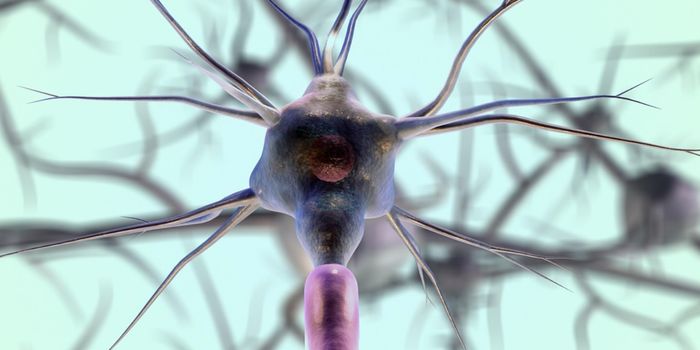An Alzheimer's disease diagnosis is always a sad story. It is that much more so for people in their 30s, just starting their lives, families and careers, replete with expectations and obligations. Now some of the people affected with the disease are taking part in a research program to help others.

A recent piece by Jon Hamilton on NPR told the story of 37-year-old Giedre Cohen, a "young, healthy, beautiful" woman just starting her life until her mind starting wasting away, according to her husband, Tal Cohen, a Los Angeles real estate developer. She and her sister "have a rare gene mutation that causes symptoms of Alzheimer's to appear before they turn 60" (http://www.npr.org/sections/health-shots/2015/07/23/425320514/younger-adults-with-alzheimer-s-are-key-to-drug-search?utm_source=facebook.com&utm_medium=social&utm_campaign=npr&utm_term=nprnews&utm_content=20150723).
According to About.com, as symptoms of dementia occur before the age of 65 - even as early as the mid-thirties -- younger people with dementia have some very specific issues. Most will be employed with financial commitments such as mortgages. They may have young families, probably be fit and active and will struggle to find help for early onset dementia (http://alzheimers.about.com/od/typesofdementia/a/Young_Dementia.htm).
The Cohens are using their experience to help others. A project called DIAN TU is enabling them, along with others in the same situation, to take part in a study of experimental Alzheimer's drugs. According to the NPR story, the project could have enormous benefit for society. As Dr. Randall Bateman, a professor of neurology at Washington University in St. Louis, says, "It's highly likely," he says, that the first drug able to prevent or delay Alzheimer's will emerge from studies of people genetically destined to get the disease. DIAN, the Dominantly Inherited Alzheimer Network, an international research project, is based at Washington University. The "TU" stands for Trials Unit to help participants get access to experimental drugs as part of clinical trials.
Initially, DIAN studied participants to learn more about Alzheimer's, but it created DIAN TU when prospective drugs for Alzheimer's were available for testing in people. Currently, the group includes drug companies, the National Institute on Aging, the Alzheimer's Association and more than 400 members of families with the mutation. When drug companies started to look at ways to prevent Alzheimer's a few years ago, DIAN TU gave them a perfect avenue to reach people with few or no symptoms but the likelihood of developing the disease. People with the mutation are highly likely to develop Alzheimer's around the same age that one of their parents did. The mutation is likely to show up in their siblings as well.
Thus far, the DIAN TU study has tested two different drugs intended to reduce amyloid, the sticky complex protein that accumulates up in the brains of people with Alzheimer's. Currently, 75 percent of the participants are getting one of the candidate drugs, while 25 percent are getting a placebo. They await definitive results for the drugs.










